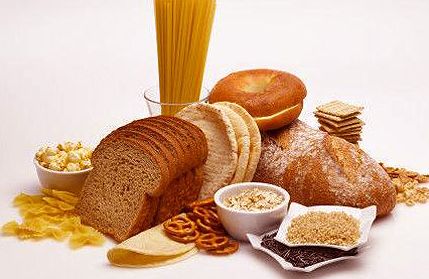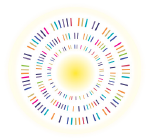In my experience, brain and neurological health is one of the most frequent challenges we face because of the nature of the food we have become customised to eating in general society. When I talk about neurological health, this encompasses a wide domain of functions in the body, from strength to sensations, thinking to speaking, sleeping to emotions and many unconscious body controls like gut peristalsis and blood pressure.
In my experience, brain and neurological health is one of the most frequent challenges we face because of the nature of the food we have become customised to eating in general society. When I talk about neurological health, this encompasses a wide domain of functions in the body, from strength to sensations, thinking to speaking, sleeping to emotions and many unconscious body controls like gut peristalsis and blood pressure.
In my experience, brain and neurological health is one of the most frequent challenges we face because of the nature of the food we have become customised to eating in general society. When I talk about neurological health, this encompasses a wide domain of functions in the body, from strength to sensations, thinking to speaking, sleeping to emotions and many unconscious body controls like gut peristalsis and blood pressure.
For quality health we should be aiming for a reduction in neuro-inflammation. This is critical. There is no single one treatment will ‘cure’ dysfunctions arising from the nervous system of course, (although there are indeed a number of drugs which can be used to suppress symptoms).
In this article we take a look at different aspects of natural health approaches to support a health brain and neurological function. I like to think of our intestinal tract as our ‘second brain’. Ingested food and the intestinal microbial environment constitute the biggest part of the total environment in which our bodies have to interact with. For this reason the food we eat is very important.
Let’s talk Carbs.
Many of the starchy foods, which provide us energy, such as potatoes, bread, pasta, rice and cereals, are known as dietary carbohydrates. Most people eat loads of these foods but actually, the green leafy, coloured vegetables and some root vegetables, and are the healthiest and therefore best forms of carbohydrate to eat.
Most other types of carbohydrates, the very types that most people on a standard Australian diet (SAD) subsist on, should be totally reconsidered and I also believe that in society today we need a paradigm shift in our daily eating habits.
Let’s focus on insulin and inflammation and why the right carbs are important here.
Inflammation is the foundation and cornerstone of all pain, dysfunction, cancer and disability. Research clearly shows that insulin, which is driven up by starchy and cereal foods, modulates the inflammatory response.
Let’s look at it this way, the less the insulin, the less the inflammatory drive, the better.
It is really important to make all attempts to achieve this. Essentially, at the very least, this means it is best to cut from our daily diets all processed food, which contains sugar (which is the vast majority of packaged food). To do this, you have to know what goes into your food and all the guises sugar comes in as! Watch this excellent documentary on sugar as a first start. The Secrets of Sugar, The Fifth Estate Next
Did you know that flour (especially those processed from wheat grains but all grains included), drives the insulin response up very quickly?
As far as your metabolism goes, eating a piece of bread is the same as having 2-3 teaspoons of sugar? This is due to its immediate glucose and insulin response.
Therefore, I would always avoid all processed flour no matter where it comes from. If any grain is to be ingested, it has to be in its least processed form such as rice, quinoa and whole oats.
Essentially, to keep insulin responses low and thus controlling inflammation, it is a very good idea to avoid all processed carbohydrates and to eat them only as whole vegetables.
Let’s talk about Fructose!
Last but not least, it is so important to understand what fructose is, how it comes into our diet knowingly and unknowingly and how you have to keep it to an absolute minimum. Here is a detailed lecture on fructose by Dr Robert Lustig – Fat Chance, Fructose 2.0
Reducing fructose is important not only for minimising insulin responses, but also for helping your liver, minimising the impacts on an irritable bowel and supporting the gut bacteria.
So in removing all the carbs that are not good for me out of my diet, how am I getting healthier?
You will be helping your body for several reasons – insulin, inflammation, gut bacteria, gut permeability, nutrient density and epigenetics.
So where from here? How can I make the changes that are needed?
You replace the absence of processed starchy carbs with loads and loads of vegetables of all the colours, shapes and sizes they come in! Aim to eat 8- 12 portions of green leafy and coloured vegetables every day. You can cook them, roast them, steam them, smoothie them, ferment them, sprout them (seeds and legumes), make soups, make casseroles, make juices: There are tons of things you can do to achieve 8-12 portions a day of veggies. Here’s an invitation to veg out!!



